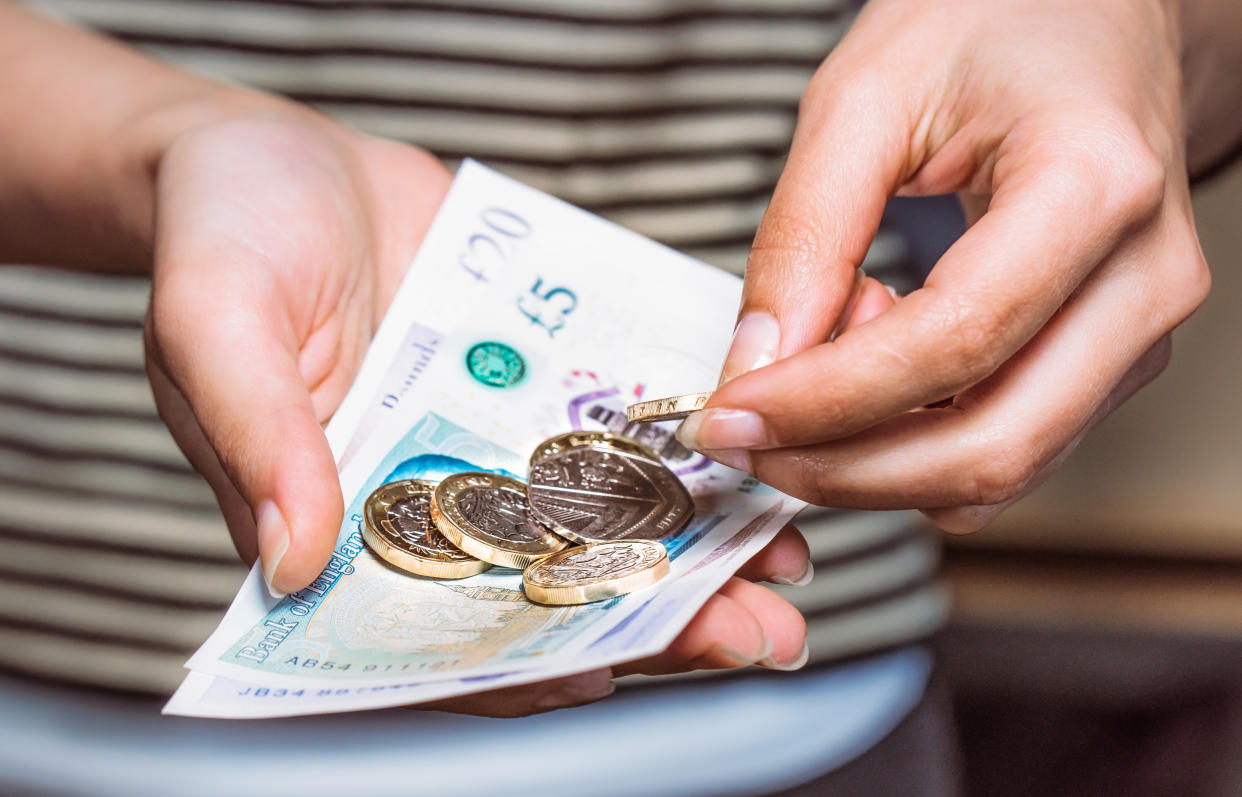Personal finance: What the UK budget means for you

The UK government’s new budget plans are set to impact everything from workers’ take-home pay to their booze costs at the local pub. The chancellor of the exchequer Philip Hammond announced his government’s new budget on Monday afternoon. Here’s how it will affect your personal finances:
Wages
The tax-free “personal allowance” for workers in the UK is set to rise to £12,500 for the 2019-2020 tax year, up from £11,850 in the current year. This is the set amount of income that workers can earn each year that is tax-free.
The government had promised to raise the personal allowance to this level for the 2020-2021 year, but sped up the plans by a full year.
Hammond called the move a “tax cut for 32 million people.”
Chancellor: Raising the Personal Allowance to £12,500 pic.twitter.com/E7YZRmb9TE
— HM Treasury (@hmtreasury) October 29, 2018
Additionally, the amount workers will have to earn before they pay tax at a 40% rate will increase from £46,350 to £50,000 in April 2019.
The government is also hiking the National Living Wage to £8.21 per hour starting in April 2019, up from £7.83. The government estimates this will benefit 2.4 million workers, and equate to a £690 annual pay rise for a full-time worker on the National Living Wage.
Benefits through Universal Credit
The government is allocating additional funding to ensure a smooth transition to the Universal Credit programme, a new system providing benefits to working-age households that replaces legacy systems. There have been concerns that many families could receive substantially lower benefits as they swap over to the new system.
Hammond promised increases to work allowances will mean working parents and people with disabilities claiming Universal Credit will be £630 better off each year.
There will also be targeted support for people repaying debts.
From April [the #NationalLivingWage] will rise again, by 4.9%, from £7.83 to £8.21…
…handing a full-time worker a further £690 annual pay increase…
…and taking his or her total pay-rise, since the introduction to over £2,750 a year. #Budget2018 pic.twitter.com/VEPhoLj0do— HM Treasury (@hmtreasury) October 29, 2018
Property and housing
First-time buyers of shared ownership properties in England and Northern Ireland with a value of up to £500,000 will be exempt from paying stamp duty on their properties, or get significant relief, which will help them save thousands.
Hammond said first-time buyers who made purchases since the last budget in November 2017 would also be included in this initiative and could claim a refund.
This continues efforts by the government to help first-time buyers get on the housing ladder across the country, while making it more expensive to be a foreign property investor in the UK.
Riding the rails
A brand new digital-only railcard will offer up to a 1/3 off most rail travel for those aged 26 to 30. It will be available across the nation by the end of the year.
“The new 26-30 railcard, which I announced last year, will be available across the network by the end of the year… 🚃
…saving up to 4.4 million young people 1/3 off their fares.” pic.twitter.com/GhmosHIfDN— HM Treasury (@hmtreasury) October 29, 2018
Booze costs
The government’s duties on beer, cider and spirits will remain frozen. That means the cost of a pint of beer will be 2p lower than if duty had risen at the rate of inflation.
Duty frozen on flights and fuel
The government committed to freeze fuel duty for a ninth consecutive year, estimating this would save the average driver £1,000 since 2010. It’s also freezing duty on short-haul flights for the eighth year in a row, but long-haul rates will rise in line with inflation.
Related:
UK announces new ‘Facebook tax’ that’s expected to raise £400 million
UK chancellor touts Brexit ‘double deal dividend’ as he delivers final budget before EU exit
Prepare for a new tax on the manufacture and import of plastic packaging
Brits would still vote for the Conservatives if there was a general election tomorrow


